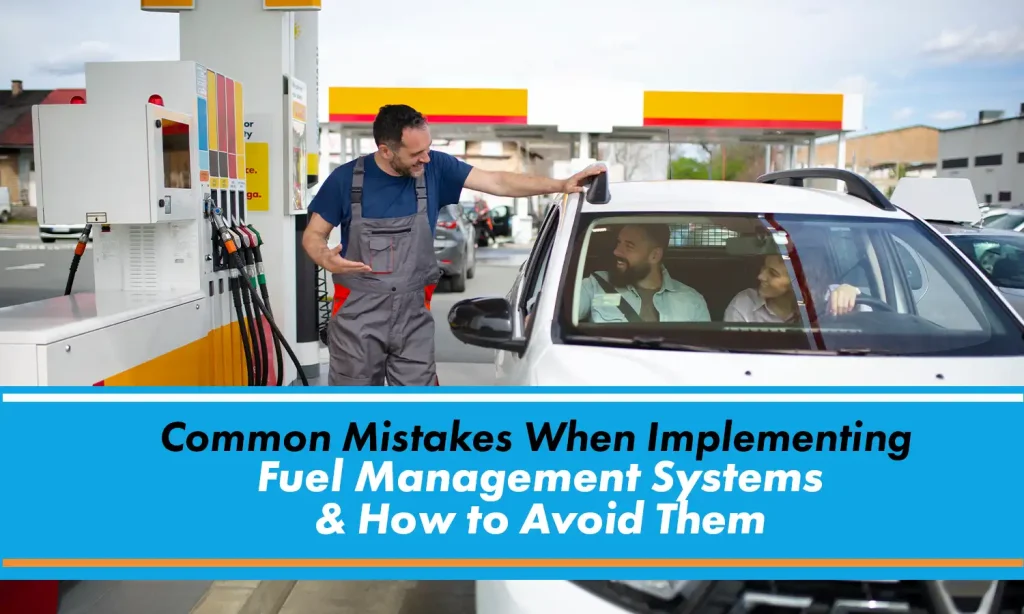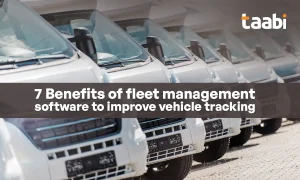A logistics company in Chennai recently ran into a costly problem. A diesel truck was filled with petrol by mistake. The engine failed immediately. The vehicle was out of service for days. Repairs cost a fortune. Incidents like these show how even small errors in fuel management can have serious consequences.
Implementing Fuel management systems are meant to prevent such mistakes. They can reduce costs, improve efficiency and give managers control over their operations. But if you really see, many organizations struggle to get the most out of them. Often in fleet management, mistakes happen quietly. They build up until they hit the bottom line.
1. Fuel Theft and Pilferage
Fuel theft is more common than you think. A driver may overfill the tanks or siphon fuel without anyone noticing, being a human. If you’re not using real-time monitoring, these losses can go undetected for weeks or months. Modern tools, like Taabi.ai, use sensors and GPS tracking to spot unusual activity. Managers can then intervene before losses become serious.
2. Relying on Manual or Inaccurate Data
Some fleets still rely on handwritten logs or spreadsheets to track fuel. Small mistakes in logging can snowball into big budgeting errors. Automated systems capture every detail accurately and consistently. Accurate data makes planning simple and prevents costly mistakes.
3. Inefficient Driving Practices
Driver behavior has a bigger impact on fuel consumption than many realize. Hard acceleration, extended idling, or abrupt braking quietly eat away at fuel budgets. Monitoring patterns and providing guidance helps drivers adopt more efficient habits. Over time, this change can save significant amounts of fuel.
4. Neglecting Preventive Maintenance
5. Poor Fuel Storage and Handling
6. Not Fully Using Available Data
Fuel management systems do more than track usage. They reveal patterns, inefficiencies and opportunities for improvement. Managers who analyze this data regularly can optimize routes and make smarter operational decisions.
7. Failing to Scale Systems as the Fleet Grows
8. Inadequate Employee Training
9. Using Outdated Technology
Fuel management is more than just numbers. It’s about noticing patterns, anticipating issues and making informed decisions. Organizations that combine smart technology, consistent training and a culture of accountability see real results. Fuel becomes a controlled resource instead of a recurring cost. Operations run more smoothly, costs drop and environmental impact decreases.








